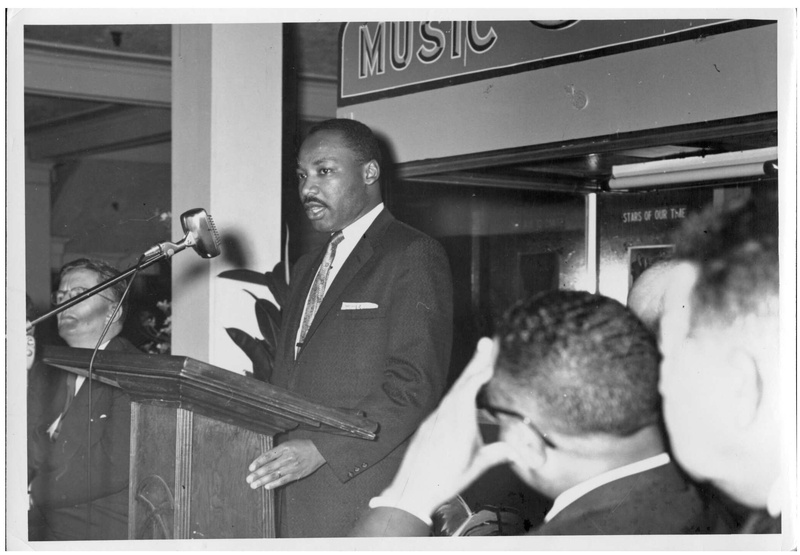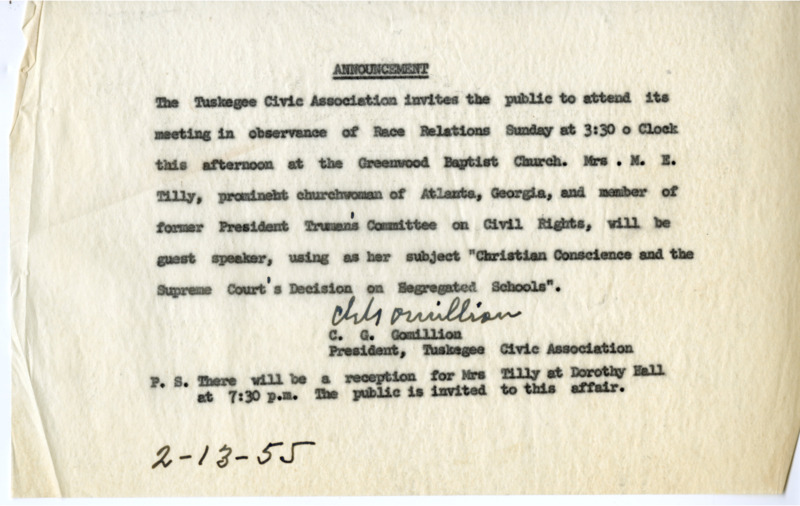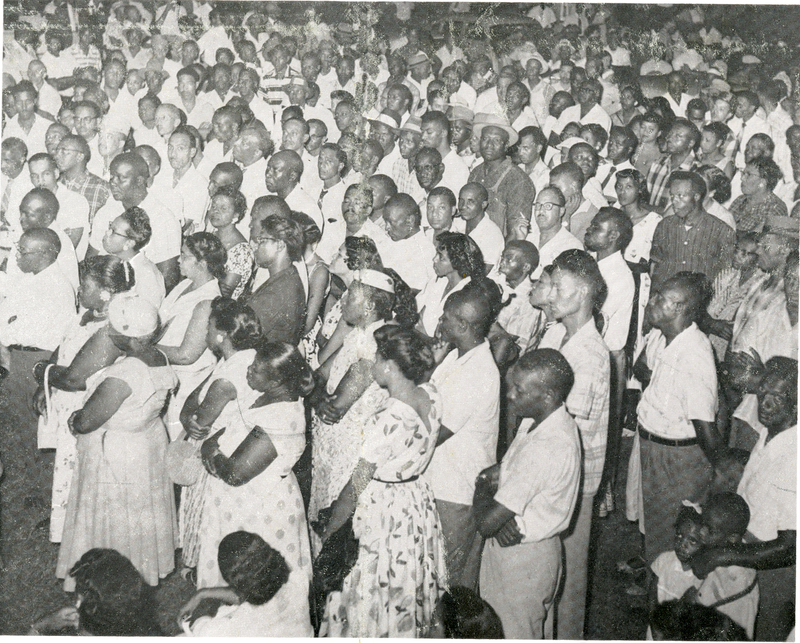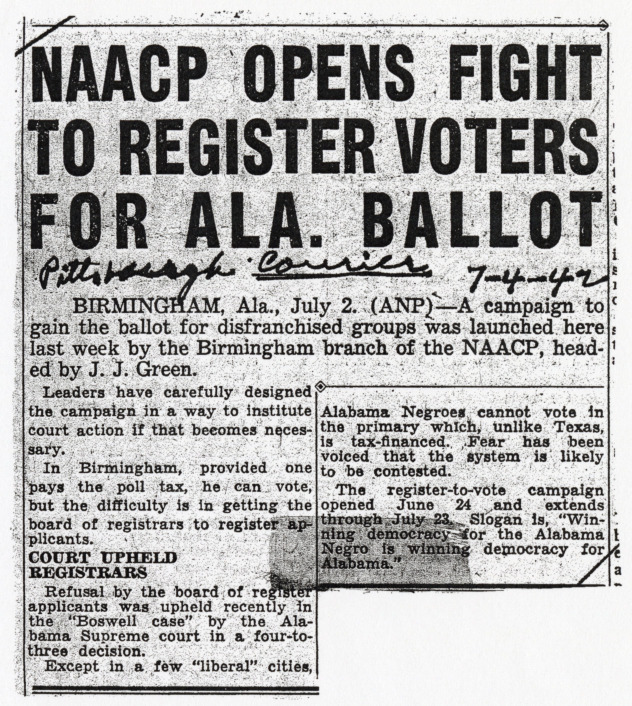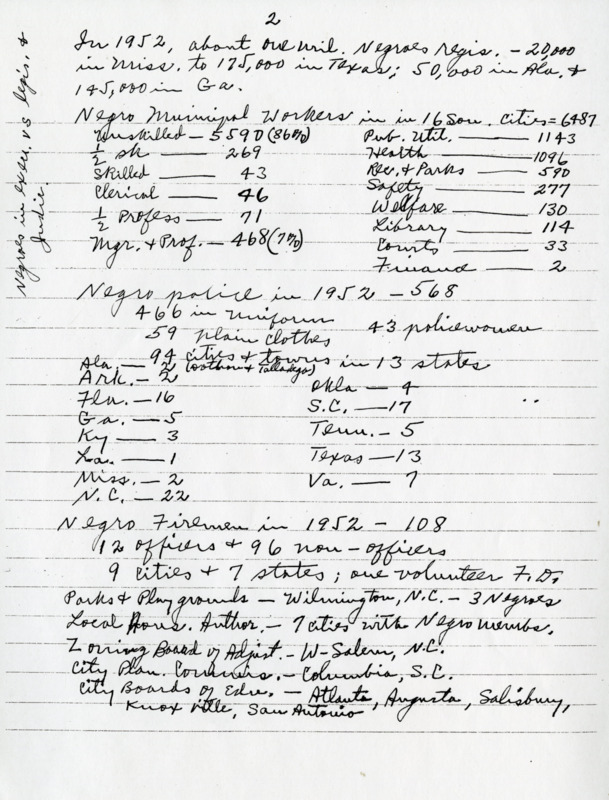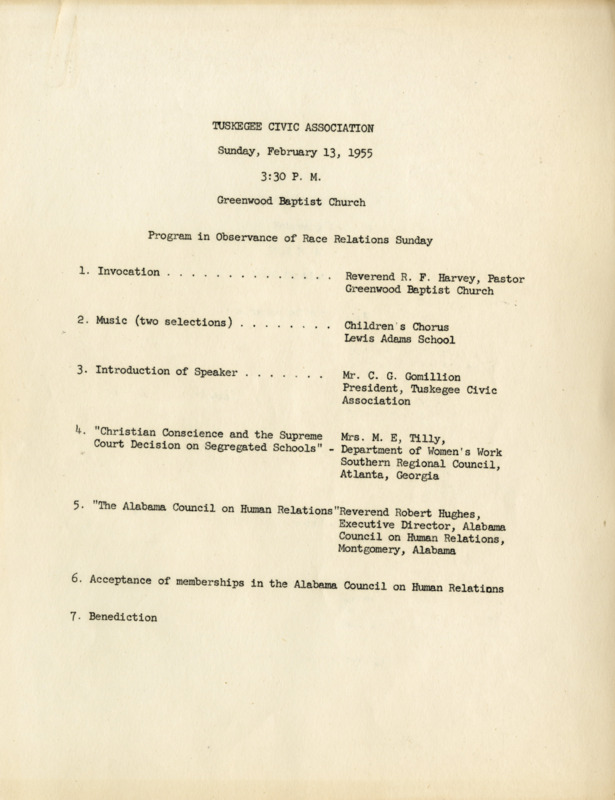The Tuskegee Civic Association and the Fight Against Voter Suppression
Grassroots Power in the Civil Rights Movement
The Civil Rights Movement is often remembered through its national leaders and landmark laws, but in Tuskegee, Alabama, the fight for equality was carried forward by neighbors, teachers, and community members who refused to be silenced. At the heart of this struggle was the Tuskegee Civic Association (TCA)—a grassroots organization that turned local action into national change.
From 1940 through the 1970s, the TCA worked to dismantle barriers that denied African Americans their constitutional right to vote. Long before the passage of the Voting Rights Act of 1965, the people of Tuskegee were already laying the groundwork through organizing, legal challenges, and relentless advocacy. Today, their legacy is preserved in the Tuskegee University Archives, where documents, meeting records, and photographs tell the story of ordinary citizens shaping extraordinary history.
Building a Movement from the Ground Up
The TCA was born in 1940 out of a simple but urgent need: justice. Faculty and staff at Tuskegee Institute (now Tuskegee University), alongside local residents, formed a coalition determined to challenge systemic racism in Macon County. They created specialized committees, launched voter registration drives, and hosted political education forums—strategic efforts designed not only to protest but to build lasting civic power.
Unlike some organizations that focused solely on demonstrations, the TCA balanced direct action with long-term community education. Sit-ins, boycotts, and rallies were paired with workshops that taught people how to navigate the voter registration process or understand the legal system stacked against them.
A Landmark Legal Battle
One of the TCA’s most powerful contributions came through the Supreme Court case Gomillion v. Lightfoot (1960). When Tuskegee’s city boundaries were redrawn into a bizarre 28-sided figure to exclude nearly all Black voters, the TCA fought back. Their persistence led to a ruling that declared racial gerrymandering unconstitutional.
This victory was not just local—it set a legal precedent that strengthened the national push for voting rights. The case became a cornerstone in the fight against voter suppression and helped pave the way for the Voting Rights Act five years later.
Did the redrawing of Tuskegee's electoral district boundaries violate the Fifteenth Amendment?
See the verdict of this historic case from 1960 here.
Carrying the Legacy Forward
The story of the TCA is not confined to the past. At Tuskegee University today, students and faculty continue to build on this history through civic engagement, community partnerships, and social justice initiatives. By connecting archival collections to classrooms and community projects, the university ensures that the TCA’s lessons remain alive and relevant.
The determination that fueled the TCA in the 1940s and 1960s still echoes in Tuskegee—reminding us that change is built not only through national headlines but through the daily work of communities coming together to demand equality.
To see more from the Tuskegee Civic Association collection, click here.
Credits
<Inser Name>, <Insert Title>, Tuskegee Archives
Further Readings
-
Smith, Gabriel Antoine. A Hollow Inheritance: The Legacies of the Tuskegee Civic Association and the Crusade for Civic Democracy in Alabama. Master’s thesis, Auburn University, 2016. ProQuest Dissertations & Theses Global. View thesis
-
White, Roberto O., II. Highway 80: A Drive-through Alabama’s Civil Rights Corridor. 6th ed. N.p.: Linus Learning, 2022.
-
Woyshner, Christine. “Black Associationalism and the Counterpublic Sphere: Civic Organizations in the History of African American Education.” History of Education Quarterly, 2024. Read article
How to Cite This Source
"Title," in HCAC Beta, https://hcacbeta.org/urislug [accessed Month, Day, Year]

